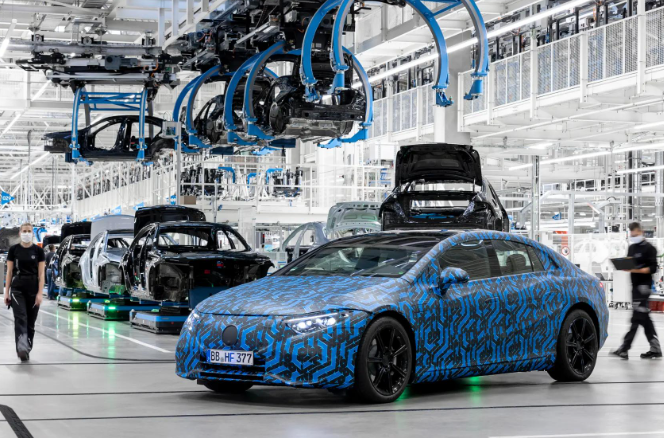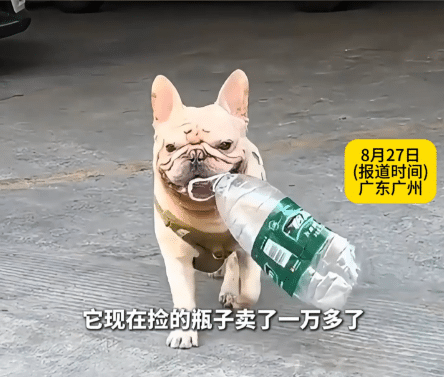On October 28, 2025, at a trade conference in Berlin, German Economy Minister Katherina Reiche confronted a room full of corporate executives with a pointed challenge: “German companies shouldn’t rely unilaterally on China, especially for raw materials. I’ve long urged building diversified supply chains, yet it hasn’t happened. I just don’t get it—must you depend on China’s supply chains?”
Her tone mixed bewilderment with reproach, evoking a teacher scolding wayward pupils rather than a policymaker debating peers. While framed as encouragement, Reiche’s words were a calculated political signal, aiming to jolt firms from their China comfort zone. Yet, the executives’ resounding silence exposed the chasm between rhetoric and reality.

A Political Posture Masquerading as Policy
Reiche’s “confusion” isn’t genuine puzzlement—it’s strategic theater. As Germany’s first Economy Minister from the former East Germany, she shoulders the burden of reversing two years of recession. In her view, the nation’s woes stem from self-inflicted wounds: overregulation, soaring energy costs, bloated welfare, and “dangerous” reliance on China.
Echoing Europe’s “de-risking” mantra—now political orthodoxy—Reiche reframes corporate choices. Sticking with China isn’t savvy business; it’s “strategic myopia.” Shifting chains abroad? Not mere cost calculus, but a “national security” imperative. This narrative shift aligns with the EU’s designation of China as a “systemic rival,” infusing economics with geopolitics.

Corporate Silence: The Weight of Economic Ties
Executives’ mute response speaks volumes. Dependence on China isn’t whimsy—it’s decades of market-driven integration. China dominates rare earths, controlling extraction to refining in an unmatched ecosystem. Replicating it in Germany demands astronomical investments, plus hurdles in energy, environmental rules, and skilled labor.
Automakers exemplify the bind: Volkswagen derives nearly 40% of sales from China; BMW and Mercedes similarly bank on the world’s largest auto market. Exiting risks not just supply chain disruptions but forfeiting growth engines. Politicians tout “value-based chains,” but firms answer to shareholders—abandoning China erodes competitiveness.

The German Paradox: Rhetoric vs. Reality
Reiche’s frustration unmasks Germany’s economic contradictions. Postwar miracles rested on exports, cheap energy, and tech edges—all now crumbling. Ditching Russian gas spiked costs; in EVs and AI, Germany lags. Geopolitical strains threaten efficient global divisions.
“De-risking” should be salvation, yet it’s mired. Relocating to Vietnam or Mexico falters on inferior infrastructure, matching ecosystems, and workforce skills. Ironically, some firms deepen China investments to offset domestic expenses, embedding R&D and production further.
Diversification slogans are easy; ignoring facts, disastrous. Germany’s China bind formed gradually—unwinding it demands seismic shifts, not edicts.
A No-Win Game: Politics vs. Profits
Reiche’s query pits “political correctness” against “economic reality.” Governments must signal resolve to voters and allies on sovereignty. But de-risking imposes tangible pain: inflated costs, efficiency dips, eroded edges—borne by firms and consumers.

Forcing transfers could spur manufacturing exodus, inflation surges, and decline. Corporate foot-dragging undermines policy credibility. It’s a zero-sum standoff.
Reiche’s “I don’t understand” masks the truth: No one leaves China lightly because Germany can’t afford the fallout. As a politician, she champions “self-reliance” for votes; firms cling to China for survival.
This impasse mirrors the West’s broader China dilemma: Thunderous “de-risking” vows falter on execution—”all talk, no traction.” Reiche knows this; she just can’t admit it.
Supply chain overhauls aren’t banquets—they’re bone-deep restructurings. Germany isn’t ready for the bill.
References
- South China Morning Post. (2025, October 29). German minister urges firms to diversify from China amid economic woes. https://www.scmp.com/business/article/3285123/german-minister-urges-firms-diversify-china-amid-economic-woes
- Reuters. (2025, October 28). Germany’s Reiche presses companies on China reliance at Berlin trade forum. https://www.reuters.com/business/germanys-reiche-presses-companies-china-reliance-berlin-forum-2025-10-28/
- Handelsblatt. (2025, October 29). Berlin conference highlights EU-China supply chain tensions. https://www.handelsblatt.com/english/berlin-conference-eu-china-supply-chains/
- Bloomberg. (2025, October 15). Volkswagen’s China sales hit 40% milestone amid de-risking push. https://www.bloomberg.com/news/articles/2025-10-15/vw-china-sales-40-percent
- EU Commission Reports. (2024). Strategic Autonomy and Raw Materials Dependency. https://ec.europa.eu/info/strategy/priorities-2019-2024/europe-fit-digital-age/strategic-autonomy-raw-materials
- German Federal Ministry for Economic Affairs. (2025). Economic Outlook: Energy and Supply Chain Challenges.



